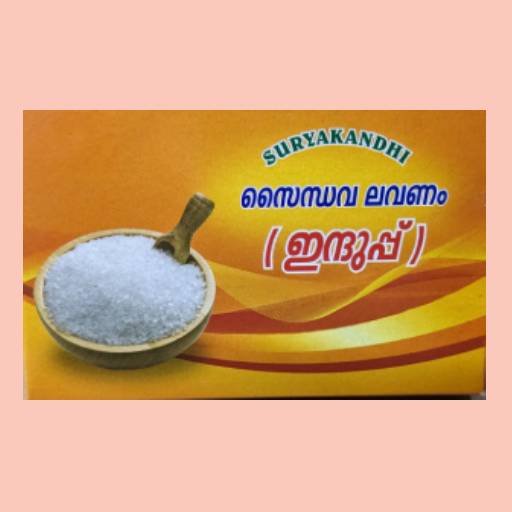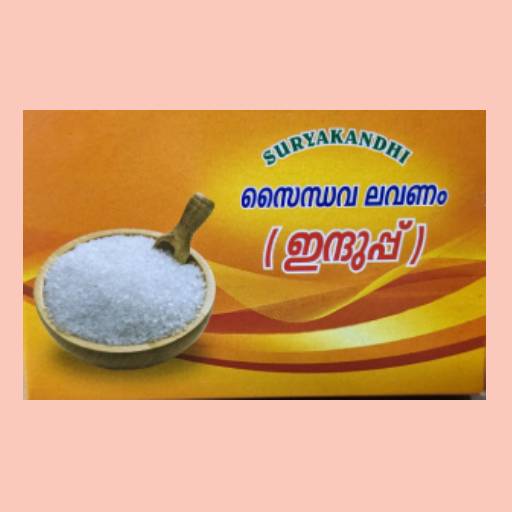Suryakandhi
Induppu Salt
Induppu Salt
Couldn't load pickup availability
Origin Mined from the Khewra Salt Mine in Pakistan. Typically sourced from underground salt deposits or evaporated seawater.
Processing Hand-extracted and minimally processed, retaining its natural minerals.
Heavily processed to remove minerals and impurities.
Mineral Content Composed of 98% sodium chloride, with the remaining 2% comprising trace minerals such as iron, calcium, and potassium.
Mostly pure sodium chloride, as refining removes most other minerals.
Iodine Contains very little, if any, iodine. Often fortified with iodine to prevent deficiency disorders.
Additives Generally free of additives and anti-caking agents. Often includes anti-caking agents to prevent clumping.
Taste Its mineral profile gives it a milder, subtly different flavor. Has a stronger, straightforward salty flavor due to its high purity.
Cooking and seasoning: You can use Induppu salt in cooking and as a finishing salt, just like you would with table or kosher salt. Its mild flavor profile can complement a wide variety of dishes.
Cooking and serving blocks: Large blocks of Induppu salt can be heated and used as a surface for searing or grilling meats, or they can be used chilled to serve sushi or other cold foods.
Wellness and home decor uses
Salt lamps: Blocks of Himalayan salt are hollowed out to hold a light bulb. These decorative lamps emit a soft, pinkish glow. However, claims that they improve air quality by releasing negative ions are scientifically unproven.
Bath soaks: Adding Induppu salt to bathwater is believed to help soothe sore muscles and skin conditions like eczema. The National Eczema Association notes that salt baths can provide relief, regardless of the type of salt used.
Salt caves and inhalers: Some spas feature "salt caves" constructed from Induppu salt, and salt inhalers are also sold. Proponents suggest these can aid respiratory health, but scientific research supporting these claims is limited and inconclusive.
Health benefits and myths
Many of the major health claims attributed to Himalayan salt are not backed by sufficient scientific evidence.
Mineral content is negligible: While it contains trace minerals, the quantities are too small to provide any meaningful nutritional benefit. You would need to consume a dangerously high amount of salt to get a significant dose of these minerals.
Sodium levels are comparable: Induppu salt is still primarily sodium chloride, with a similar sodium content to table salt. Consuming too much of any salt can lead to high blood pressure and other health risks.
Air purification claims are unsubstantiated: The popular notion that salt lamps can purify the air by releasing ions is scientifically unfounded.
Iodine deficiency risk: Unlike many brands of fortified table salt, Induppu salt is not a reliable source of iodine, a crucial nutrient for thyroid health.
In short, Induppu salt's main advantages are its less-processed nature and a subtle, natural flavor profile. When consumed in moderation, it is a great alternative to regular salt, but its extraordinary health claims should be taken with a grain of—well, salt.
Share


